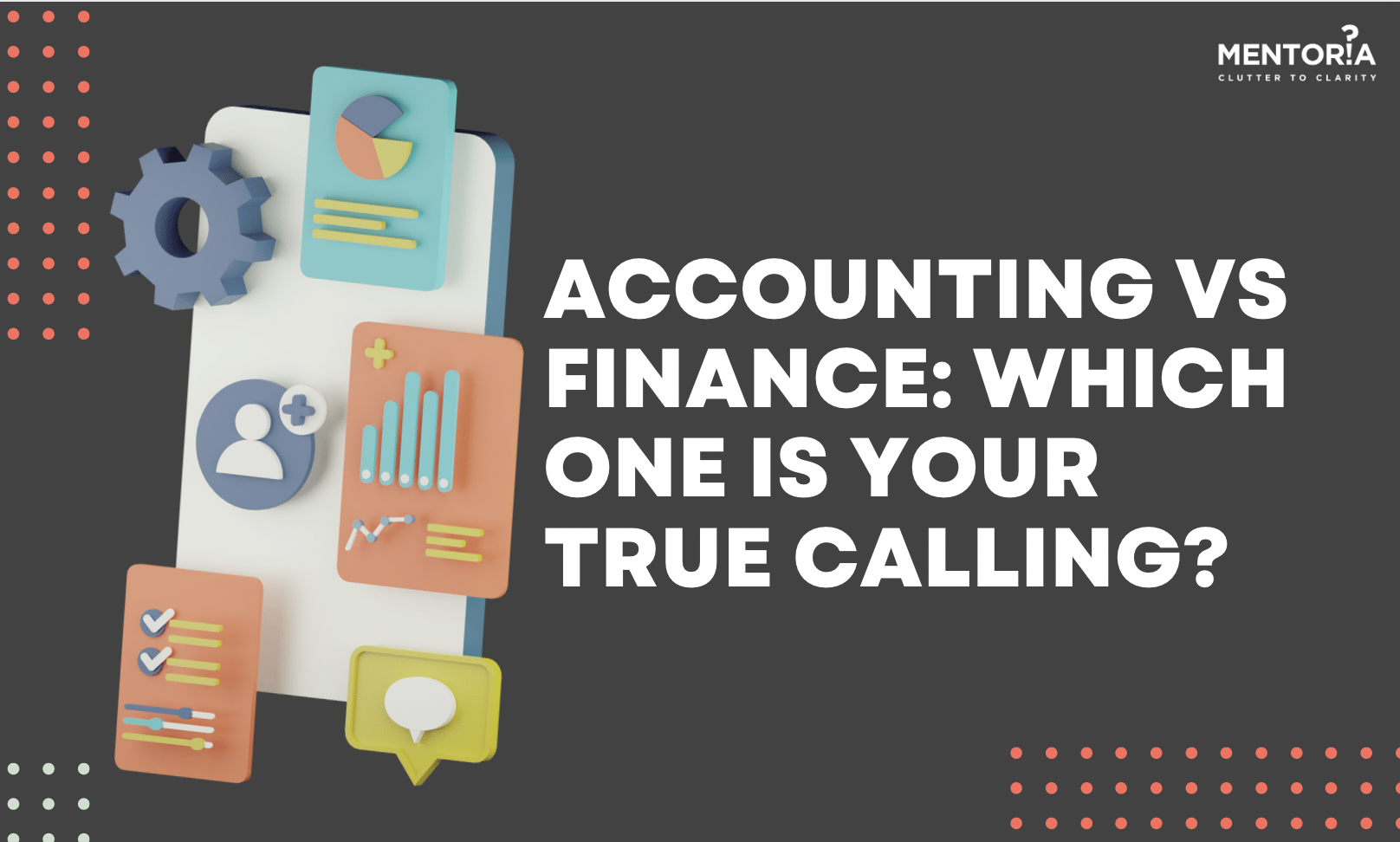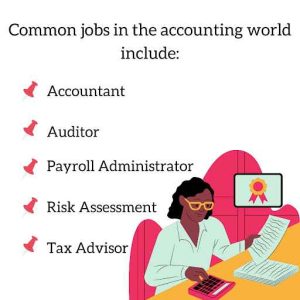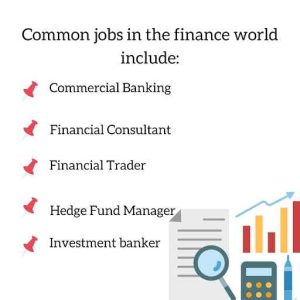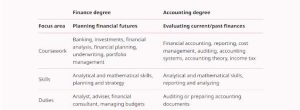Accounting vs Finance: Which One is Your True Calling?

You’re good with numbers and stats and have a strong desire to work in business. But what distinguishes accounting from finance, two of the most popular business degrees? The simple answer is that a finance degree has a wider range, covering a variety of specialisations in business, economics, and banking. In contrast, an accounting major is focused on specific numbers within budgets, audits, taxes, and more. Let us help you to find out your true calling; is it accounting or finance? To find out more about each job option and which one is best for you, continue reading.
What is Accounting?
In simple words, accounting is the process of maintaining financial records, including tax returns, audits, and budgeting. The day-to-day cash flow within an organisation is managed by accountants and auditors, who focus on numbers and financial reporting in the corporate world. Examining financial statements, calculating taxes, organising and maintaining financial records, and making recommendations for ways to save expenses, increase revenues, and increase profits are just a few of an accountant’s or auditor’s everyday duties.
What is Finance?
Unlike accounting, finance is the management and analysis of financial trends in relation to investments and business prospects. For instance, financial advisors prioritise investment methods and returns on investment (ROI). A financial analyst’s regular tasks include:
- Analysing recent and historical financial data.
- Researching business and economic trends.
- Making investment and portfolio recommendations based on their findings.
What is the Difference Between Finance and Accounting?
The main difference between accounting and finance is that finance uses the same data to analyse possible growth patterns to plan corporate finances strategically. Still, accounting is a more specialised area that concentrates on professional processes to manage numbers and accounts. Or, to put it another way, according to Peterson, “finance is about actually shifting or manipulating money, while accounting is about tracking those kinds of manipulations.”
The distinction between accounting and finance boils down to how you choose to deal with a company’s finances. If you’re pursuing an accounting degree, you will manage numbers rather than manipulate them by applying professional principles and procedures. On the other hand, if you’re pursuing a degree in finance, you will be more interested in financial strategy, control, and the best ways to make investments, depending on market trends.
Jobs for Finance Majors
You should think about the degree requirements for each category of a finance career. If you want to major in finance or currently are, you will typically work in financial advisory, analysis, or management roles. Some of you might even decide to continue your study and look for work as chief financial officers! The possibilities are boundless!
You can apply your finance degree to the following positions. Let’s go ahead and find out more about them.
- Investment banker: As an investment banker, you will be responsible for obtaining funding for your organisations. You may have to seek financial capital, make investment recommendations, and monitor financial progress!
- Financial Analyst: As a financial analyst, you’ll have to dedicate time and energy to the banking or small business world! You’ll be mainly offering financial consultation on investment decisions! But don’t worry, you also get to work in large-scale companies, helping them identify the business’s future economic needs!
- Finance manager: If leadership is your forte, this is your true calling! As a finance manager, you will oversee the economic sustainability of your company. A team of analysts will work under you to help you achieve future financial goals! You will get to work in various industries, including banking, insurance, real estate or with a large corporation.
- Chief financial officer: Nothing beats the prestigious position of a CFO! You’ll oversee the entire finance department of your organisation! As a CFO, you will be in charge of determining the financial strengths and weaknesses of the organisation and then making suggestions and giving advice to the chief executive officer.
Jobs for Accounting Majors
And it’s time for you all accounting majors! If you major in accounting, you might find yourself working as an auditor or accountant. But it’s not only limited to that! You will have the option of assisting individuals and businesses with preparing and filing their tax paperwork.
The following careers can be yours with an accounting degree!
- Staff Accountant: Your job as a staff accountant is to work directly for different organisations, reporting and tracking all their financial data! If you’re good with teamwork, then we have great news for you! As a staff accountant, you will often work with other accountants or under a CPA’s supervision to fulfil the association’s financial tracking needs, helping the company to achieve its financial goals!
- Auditor: You will be in charge of auditing financial records and tax returns as an auditor. An auditor may work directly for a firm to make sure it complies with all state and federal rules or for an independent organisation to assess the correctness of the financial records of a corporation. As an auditor, you keep up-to-date on the latest laws as companies frequently hire businesses to uphold these laws and regulations.
- Valuation Analyst: You will need to assess a company’s present and past financial performance as a valuation analyst before using that information to estimate the company’s value. To help investors or business owners comprehend the value of a firm before buying or selling it, valuation experts employ a range of techniques.
- Tax accountant: Tax accountants get the best of both worlds! You will be supporting both private people and businesses with their tax preparation and filing needs. Additionally, it assists people in planning for their tax obligations and determining their weekly and annual tax payments. Further, you will be responsible for keeping and arranging their clients’ tax-related documentation.
Which One is the Best?
Two of the most sought-after business degrees in higher education today are those in finance and accounting. While there are some similarities between them, there are also a lot of differences that can help you choose the degree that’s best for you. But if you’re having a tough time deciding which is best for you, let us help you! Our experts here at Mentoria will help you figure out the right career option for you and help you move forward in the career path in no time!









